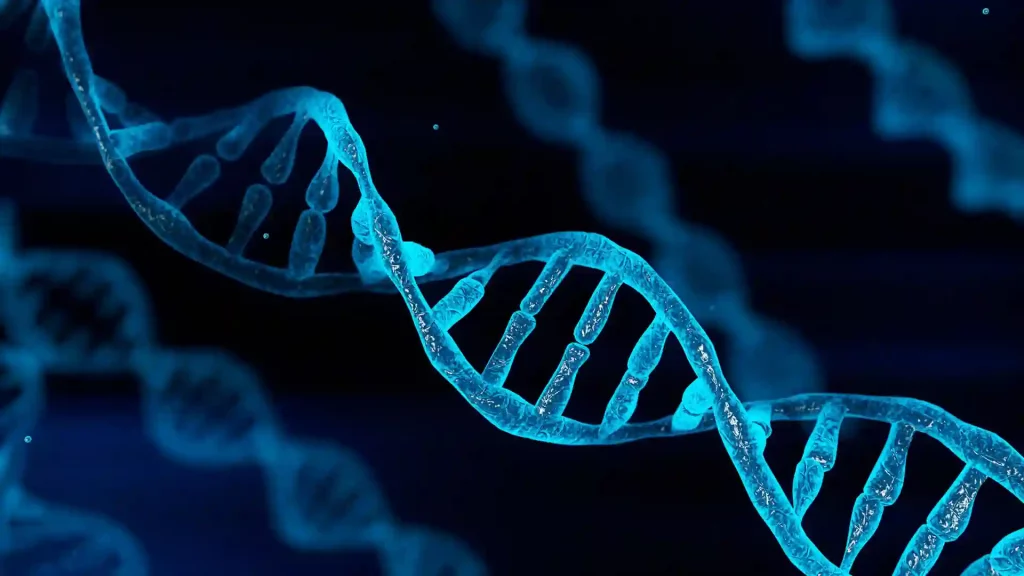After decades of research and many drug therapy breakthroughs aimed at preventing heart attacks, they continue to be the leading cause of fatality in the world. Medicines available on the market aim to reduce the prevalence of heart attacks by reducing cholesterol levels that clog arteries and put people at risk. However, not everybody has access to these drugs, and among those that do, compliance with a treatment plan that lasts for a lifetime often proves untenable.
In a new breakthrough, Verve Therapeutics Inc. has proposed a radical new therapy – altering the human genome itself – to stop the accumulation of bad cholesterol that causes heart attacks.
Sekar Kathiresan, CEO of Verve has said that the company is on the verge of making the treatment a one-time option for eligible patients. Initially, Verve plans to target those people who have already suffered a heart attack due to extremely high levels of cholesterol. Typically, this is a hereditary condition known as familial hypercholesterolemia, and affects more than 31 million people globally. The company has said that if the treatment works to lower the levels of LDL (low-density lipoprotein), commonly known as bad cholesterol, it would widen the treatment pool with an ultimate aim of providing the treatment to younger people as a preventive measure.
Verve Therapeutics Inc. is backed by Google Ventures (GV) and leading biotech investors, Arch Venture Partners and F-Prime Capital. The company reached a market cap of USD 2.89 billion last year.
New therapy aims to reduce heart problems
The medicine that Verve is developing is focused on two genes. The first treatment is targeted at PCSK9, while the second medicine is targeted at ANGPTL3. While some patients might only need one medicine, others will need both for an effective treatment. The company will use the Crispr DNA editing toll that alters a single letter of a person’s genome. A lipid nanoparticle encases the editing system and protects it while it travels to the liver, where it turns off the desired gene.
In trials with monkeys, the treatment showed encouraging signs, lowering bad cholesterol levels by up to 59 percent and sustaining the effect after six months of the treatment. The company is scheduled to begin human trials in just a few months, after which it will seek approval from regulators for commercial use.
Elizabeth McNally, Director of the Centre for Genetic Medicine at Northwestern University Feinburg School of medicine, says that the company will face many hurdles in its attempt to provide mainstream therapy using DNA editing. Many people who resisted taking the Covid-19 vaccine could be wary of altering their DNA, she further added.
Another hurdle that Verve is likely to face is the high cost of the treatment. Statins, which were medicines first invented 35 years ago to lower cholesterol levels, are now available for as little as USD9 per month. A later alternative, self-injectable medication known as PCSK9 inhibitors, is only available to a few patients due to its high cost which runs into thousands of dollars a year. Till now, analysts have predicted that the cost of therapy from Verve will be approximately USD 50,000 to USD 200,000 per patient. Kathiresan has stated that the estimated amount is a reasonable forecast for the cost of therapy.
According to the CEO, many people do not take advantage of existing treatments, while an infusion given to a young person could alter their risk of heart attack for the rest of their lives. He also added that this new treatment could be the answer to heart attacks, if it works effectively.
